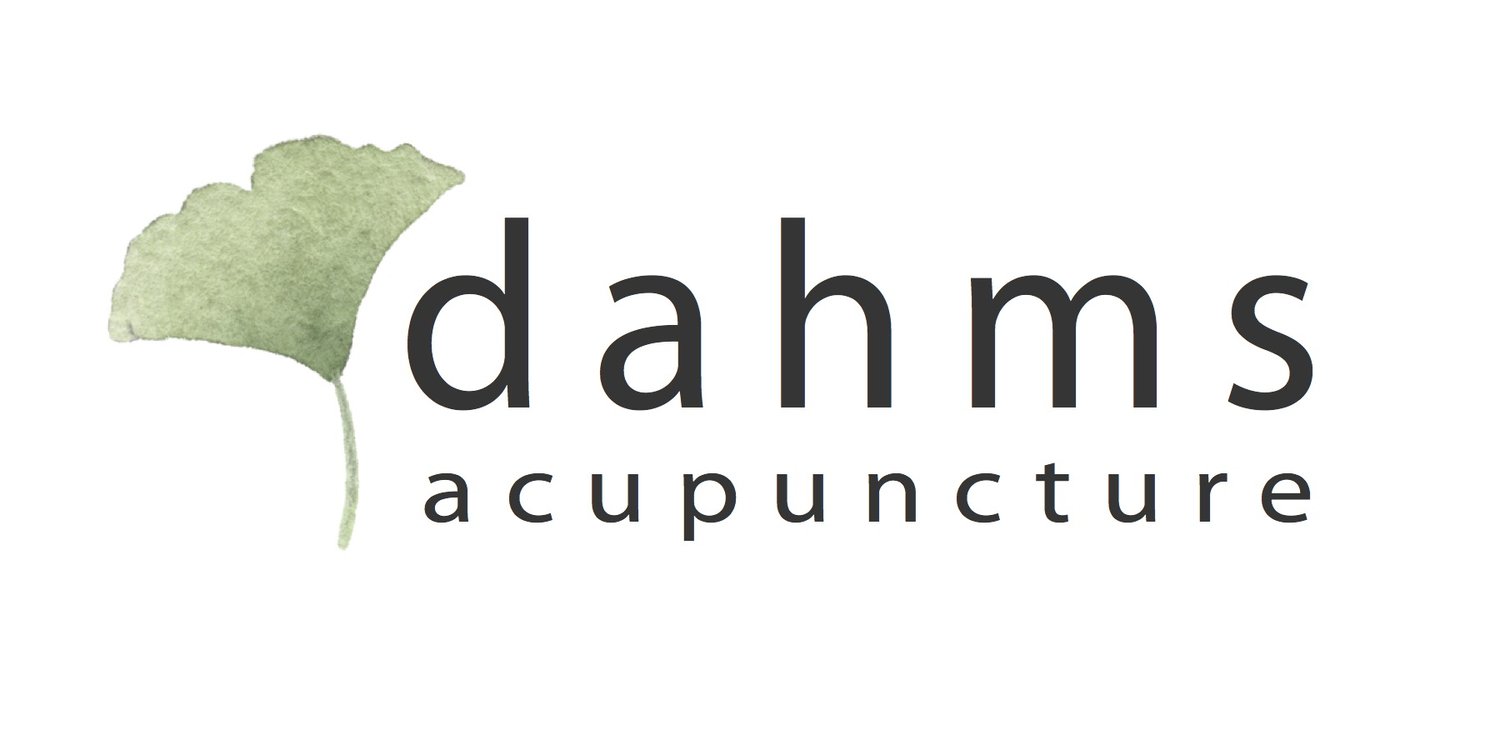Melatonin as a Sleep Aid
/Melatonin is a popular sleep supplement that can be easily purchased over-the-counter. It is also a hormone that occurs naturally in the body and regulates our circadian rhythms (sleep/wake cycle). Our brain doesn’t secrete it during daylight hours, rather only as night approaches, and as melatonin levels increase, cortisol levels decrease.
The supplement melatonin is a synthetic version of our own melatonin. It can be purchased as a pill, gummies, liquid, or patch. Taking melatonin helps tell your body that it’s time to go to sleep. A meta-analysis published in 2021 in the Journal of Neurology concluded that treatment with exogenous melatonin has positive effects on sleep quality (1). However, there are some potential downsides of taking this popular supplement. For example, there is evidence that we should avoid taking a melatonin supplement within 2 hours after eating dinner because it can impair glucose tolerance (2).
There are also potential side effects of taking melatonin such as drowsiness, headache, dizziness, agitation, and nausea. It is considered a dietary supplement and is not regulated by the FDA. This means it is regulated less strictly and the supplement you buy may not contain what’s listed on the product label.
It can also interact with some types of medicine, including:
Medicine that slows blood clotting
Medicine that prevents seizures
Birth control medicine
High blood pressure medicine
Diabetes medicine
Medicine that suppresses the immune system (immunosuppressants)
Medicine that is broken down by the liver (3)
I’ve had concerns over the years about whether taking melatonin would negatively impact your own body’s secretion of the hormone, however there seems to be no evidence supporting that concern. So bottom line: if good nutrition, daily exercise, a daily mind-body practice, and good sleep hygiene haven’t done enough to improve your sleep, the evidence supports that melatonin can have a positive effect on sleep quality in adults. However, before you take a melatonin supplement, make sure to check with your doctor if it is safe for you, especially if you have any health conditions or if you are taking other medicine. There is not enough evidence on its safety during pregnancy and if you’re considering it for your child, please speak with their doctor first.
References:
(1)Fatemeh, G., Sajjad, M., Niloufar, R. et al. Effect of melatonin supplementation on sleep quality: a systematic review and meta-analysis of randomized controlled trials. J Neurol 269, 205–216 (2022). https://doi.org/10.1007/s00415-020-10381-w
(3) Melatonin: The Dark Side of the Hormone, Psychiatric Times, Sep 9, 2020, David N. Neubauer, MD, https://www.psychiatrictimes.com/view/melatonin-dark-side-hormone
(2) 2. Claustrat B, Leston J. Melatonin: Physiological effects in humans. Neurochirurgie. 2015;61(2-3):77-84.
(3) Mayo Clinic: https://www.mayoclinic.org/healthy-lifestyle/adult-health/expert-answers/melatonin-side-effects/faq-20057874#:~:text=Melatonin%20is%20generally%20safe%20for,Headache









